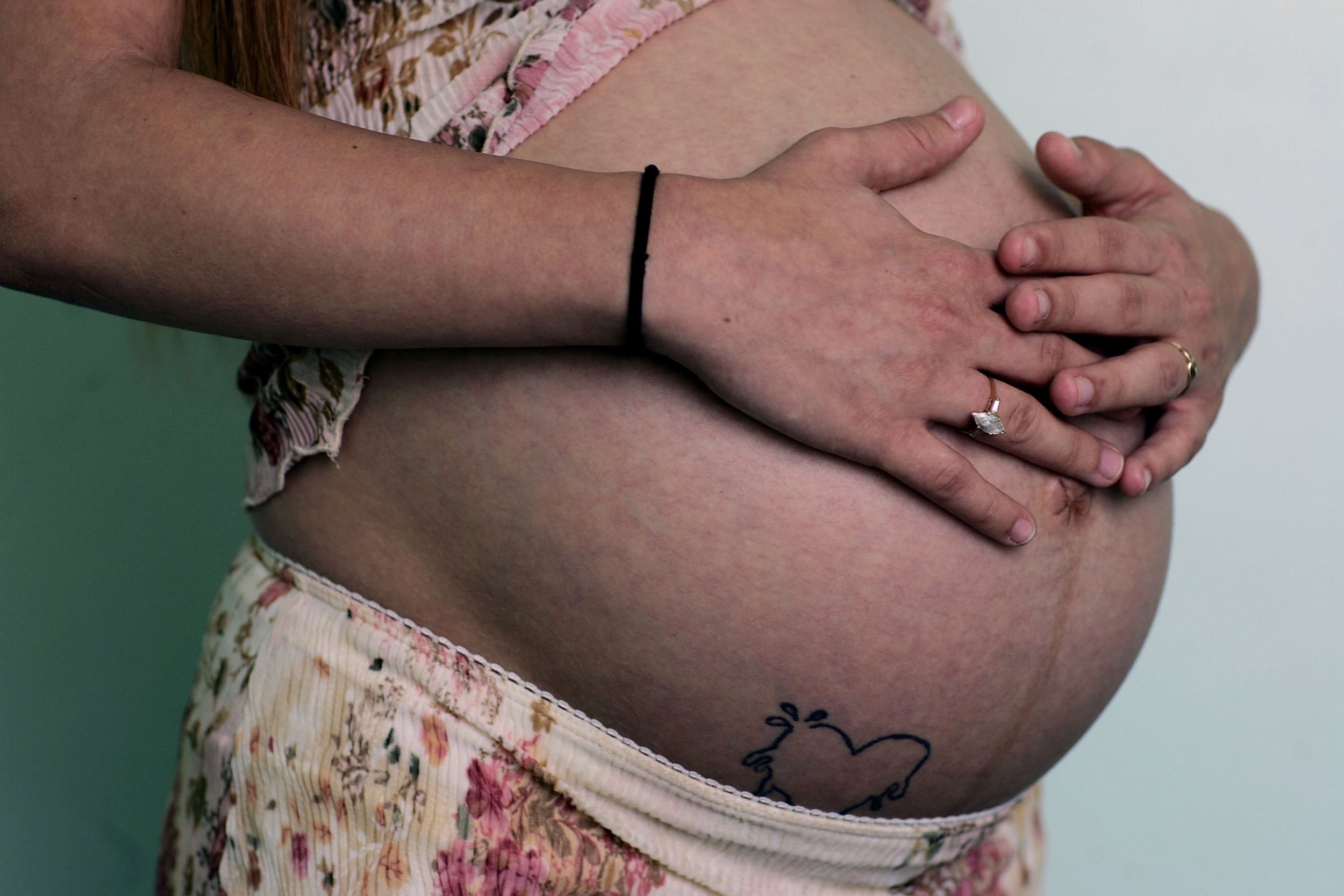
Scientists at the University of Pennsylvania medical center, Penn Medicine, will soon begin clinical trials of a uterine, or womb, transplant. The highly anticipated experimental procedure would allow women without a uterus due to the disease uterine factor infertility (UFI) a second chance at carrying a child, and even may offer transgender women born without the organ a chance to carry children as well.
The trial began recruitment on Monday, November 6, with the hope of finding three to five women to receive uterine transplants, The Inquirer reported. Although the operation is still experimental, this is not the first time it has been attempted. It will mark the third clinical trial for a womb transplant in the U.S.
Related: Transgender women may soon have babies, fertility expert says
At the moment, the Penn Medicine team is looking to recruit women with UFI, a medical condition believed to affect around 5 percent of the female population, to take part in the trial. Women with UFI are either born without a uterus completely, or need to have the organ removed via surgery as it does not function properly. At the moment, these women are only able to become mothers via surrogacy or adoption. Candidates for the trial must be between 21 and 40 years old and in stable relationships that have lasted at least three years.
Prior to the operation, the women will have some of their eggs removed and fertilized in vitro. Uterus donations will be taken from women who have recently died.
Related: Scientists create artificial womb that grows extremely premature lambs to maturity
Following the operation, the fertilized eggs will be implanted into the newly transplanted uterus about a year after the organ has had time to heal. Any children conceived will have to be born via cesarean section. Women will have the opportunity to have two children before the uterus will be ultimately removed and the candidates will be monitored for five to 10 years following the initial transplant operation.
The operation is relatively new, and was attempted for the first time ever on a woman in Saudi Arabia in 2000. In this case, the uterus had to be removed 99 days after the operation because it began to deteriorate, The New York Times reported. Last year, however, the operation was conducted for the first time in the U.S., and led to the successful birth of a child.
In addition to giving women with this unfortunate condition the ability to grow and carry children, eventually the operation may offer the same opportunity to transgender women who were also born without a uterus. In fact, Karine Chung, director of the fertility preservation program at the University of Southern California's Keck School of Medicine, told Yahoo that medicine may be five to 10 years away from helping transgender women carry children via a donated womb.
Although it will likely be many years before the operation will become readily available to the public, if and when it does, it may have the ability to change many couples' lives and give women who believed they would never have the chance to carry a child the opportunity to do so.
Uncommon Knowledge
Newsweek is committed to challenging conventional wisdom and finding connections in the search for common ground.
Newsweek is committed to challenging conventional wisdom and finding connections in the search for common ground.
About the writer
To read how Newsweek uses AI as a newsroom tool, Click here.








